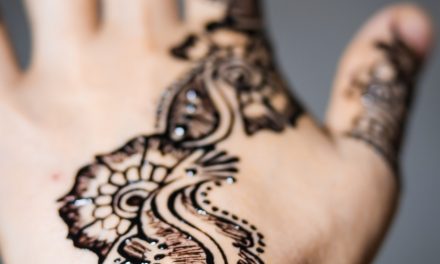The concept of whether white henna is considered haram (forbidden) in Islam can vary based on different interpretations and cultural practices. White henna is not made from the traditional henna plant (Lawsonia inermis) but is typically a cosmetic adhesive or body paint that is applied to the skin.
Since white henna does not involve the use of the actual henna plant and does not have any religious or cultural significance associated with it, its permissibility can be subject to personal interpretation or the guidance of scholars within the Islamic community. Some may consider it permissible as it does not involve any prohibited substances, while others may view it as resembling tattooing or altering the natural appearance of the skin, which could be discouraged or considered disliked in Islam.
As with any religious or cultural matter, it is recommended to seek guidance from knowledgeable individuals or scholars who can provide insights based on Islamic teachings and principles specific to your region or community. They can provide a more informed perspective on the permissibility of white henna based on your specific circumstances and beliefs.
It’s important to note that personal convictions and interpretations may vary, so it’s essential to seek guidance and make decisions in accordance with your own understanding and beliefs.


